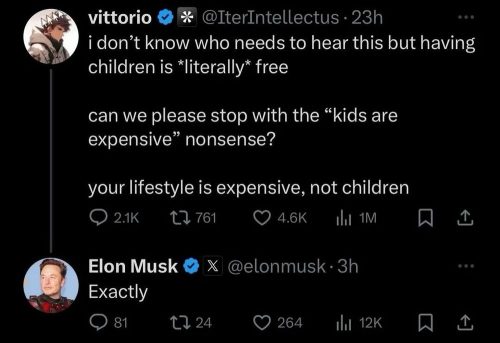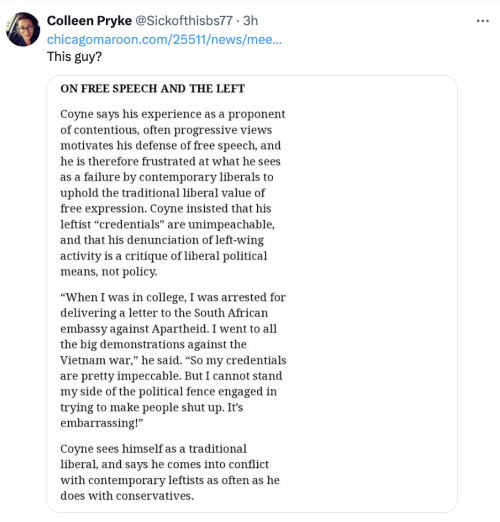I read this article, “Where seas are rising at alarming speed”, with rising exasperation. Look: the Gulf Coast is slowly drowning at a rate that is now obvious.
It’s great at explaining how the consequences of climate change are harming people right now, and they’re only getting worse, but…WHY is the Gulf Coast in particular experiencing this rapid rise? The article doesn’t say. So I had to look elsewhere, like NASA.
Although the average acceleration of global sea level rise has also increased over the decades, it was mainly due to melting ice in regions like Greenland. For the Gulf Coast, the team used tide-gauge readings and satellite data from NASA missions like GRACE to rule out a few potential causes.
“We checked vertical land motion, for instance, and could relatively quickly say no,” he said. “We looked into the ice-melt component but it couldn’t explain the magnitude of the change that we have seen in that particular area.”
This left them with one other possibility: sterodynamic sea level, or the combination of ocean-water expansion in response to warming, saltiness, and ocean circulation. The team found that beyond Cape Hatteras, this acceleration extended into the North Atlantic and the Caribbean Sea.
But what is the source of this shifting circulation? According to Dangendorf, climate models reveal two factors at play.
“Approximately 40% of the acceleration that we have seen since 2010 can be attributed to man-made climate change, but there’s a residual 60% that we couldn’t explain with climate models,” said Dangendorf.
The remaining percentage was caused by natural wind-driven ocean circulation unique to the Southeast and Gulf Coast, the researchers found.
“It’s a region bounded by the western boundary current, or the Gulf Stream, so that makes it very prone to fluctuations and therefore we can see these massive changes on decadal time-scales,” said Dangendorf.
OK, now I can read the WaPo article without looking for a causal explanation, and truly appreciate how screwed the citizens on our southern coast are. It’s not just that the seas are creeping into their streets and basements, but that there are no practical solutions available — they talk about exorbitantly expensive pumps, but where are they pumping the water to?
Do I need to point out the irony of all those oil refineries on the Gulf Coast that are not being shut down, while proposing to build water pumps (that would probably be driven by coal and oil fired power plants)? That’s not to diminish the tragedy and struggle of all the people who have to deal with these consequences, but to point out that we need to stop thinking about stopgap solutions in the short term.












